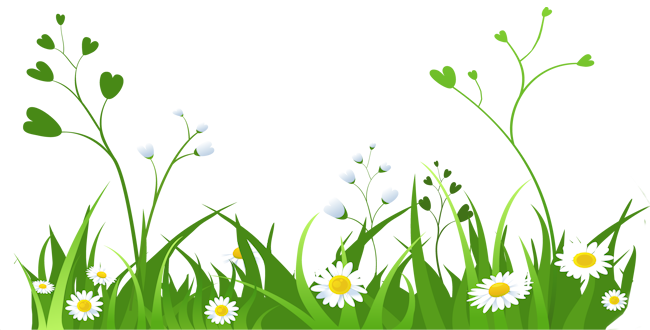
-
Did you know...?
Lawn clippings can be used as a natural fertilizer. When left on the lawn, they decompose, releasing nutrients that can benefit your grass. Just be sure to mow at a higher blade setting to prevent the clippings from smothering the grass.
-
Did you know...?
Lawn mowers can actually help reduce air pollution. The blades of a lawn mower can help to break down pollutants like ozone and nitrogen oxides, contributing to cleaner air quality.
-
Did you know...?
Lawn care can help improve mental health. Spending time outdoors in nature and enjoying the beauty of your green space can have a positive impact on your mood and overall well-being.